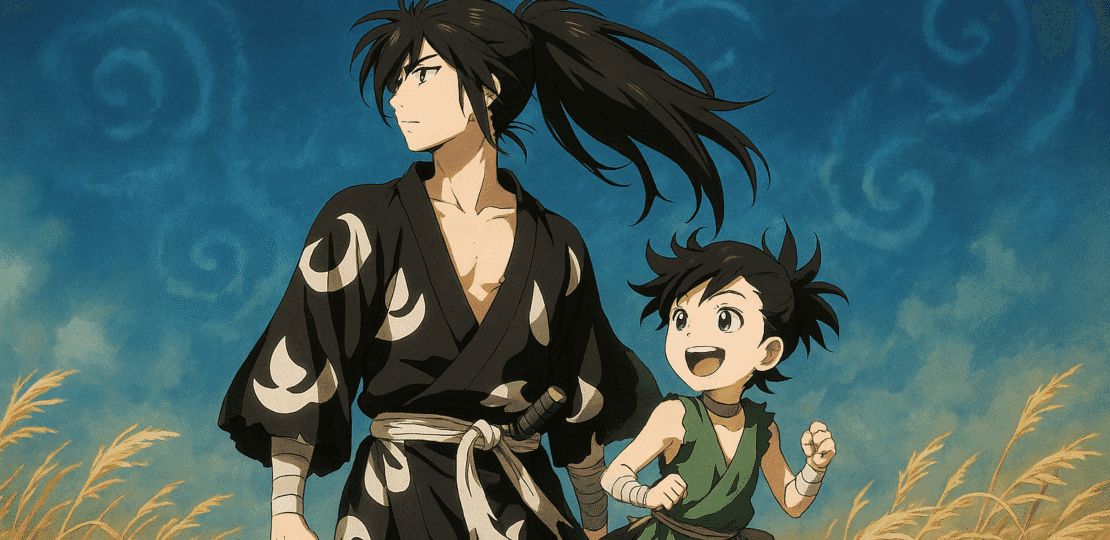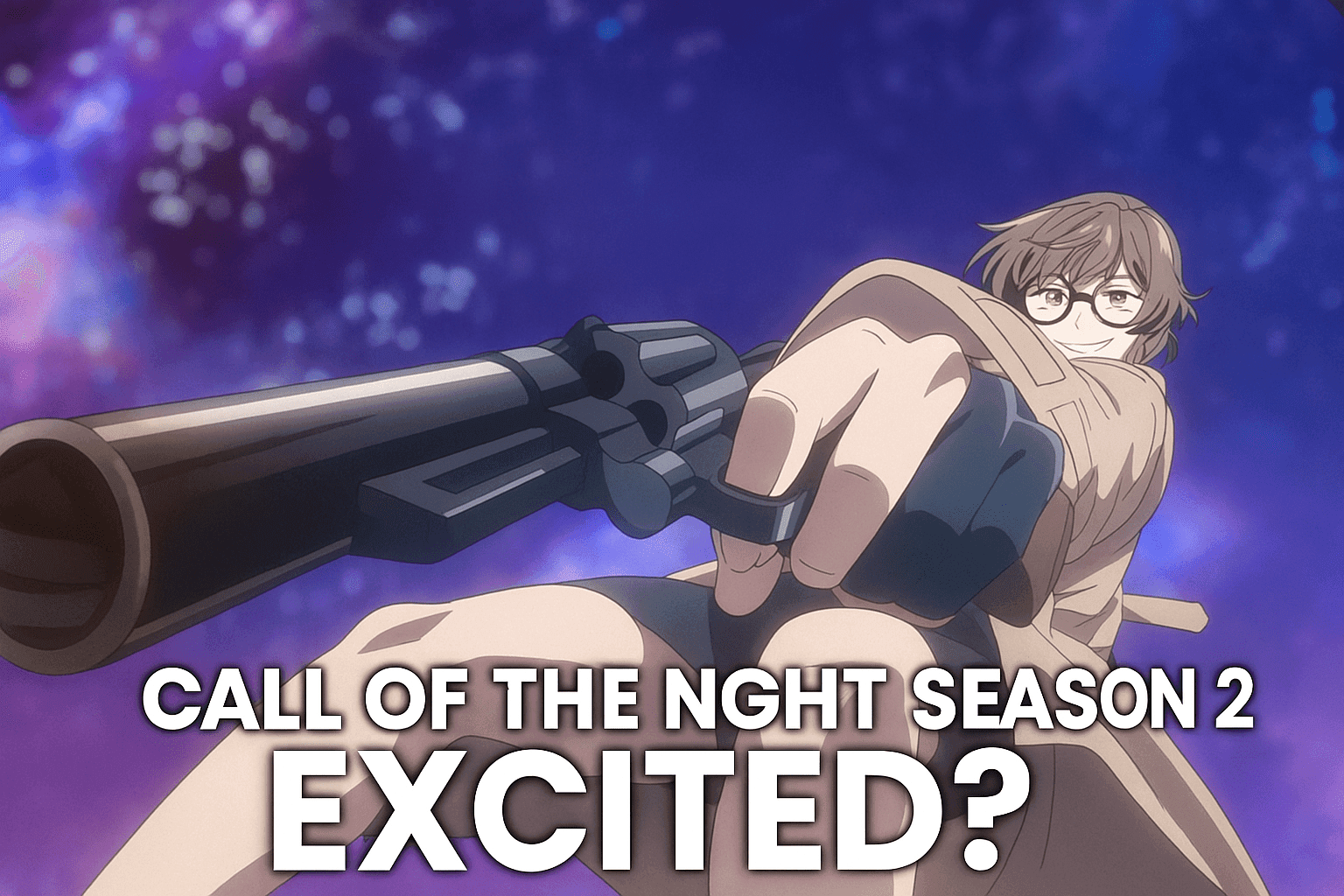
Why Dororo Remains Anime’s Most Underrated Gem
In the vast landscape of anime, where blockbuster series like Demon Slayer and Attack on Titan dominate conversations, hidden gems often go unnoticed. Dororo (Watch on Crunchyroll), particularly its 2019 adaptation, stands as a prime example. This dark fantasy tale, rooted in Osamu Tezuka’s classic manga, weaves a story of loss, redemption, and humanity’s darker impulses. Despite critical acclaim and a dedicated fanbase, it remains underappreciated, overshadowed by more marketable shonen hits. What makes Dororo exceptional is its blend of visceral action, profound themes, and emotional depth, all delivered through stunning visuals. It’s not just an anime; it’s a philosophical journey disguised as a samurai adventure.
Osamu Tezuka, the “God of Manga,” created Dororo in 1967, serializing it in Weekly Shōnen Sunday. The story draws from Japanese folklore and the Sengoku period’s chaos, reflecting Tezuka’s interest in human suffering and morality. The manga was abruptly canceled but later concluded in another magazine, spanning four volumes. Its influence is undeniable, inspiring creators like Kentaro Miura of Berserk fame.
The first anime adaptation arrived in 1969, a black-and-white series by Mushi Productions. Lasting 26 episodes, it captured the manga’s essence but with a more simplified style suited to the era. This version marked the end of black-and-white anime production, adding historical significance. Fast-forward 50 years, and MAPPA Studios revived it in 2019, modernizing the tale while honoring its roots.
The 2019 remake, directed by Kazuhiro Furuhashi, expands on the original with richer character development and contemporary animation techniques. Aired on Amazon Prime, it reached global audiences but lacked the aggressive marketing of rivals. This limited its mainstream breakthrough, contributing to its underrated status.
At its core, Dororo follows Hyakkimaru, a young ronin born deformed due to a demonic pact. His father, a warlord desperate for power, sacrificed his son’s body parts to 12 demons (reduced from 48 in the manga for pacing). Equipped with prosthetic limbs and senses, Hyakkimaru embarks on a quest to slay these demons and reclaim his humanity.
Joining him is Dororo, a scrappy orphan thief with a mysterious past. Their partnership evolves from convenience to deep camaraderie, providing emotional anchors amid the brutality. The narrative unfolds in episodic demon hunts, interspersed with overarching arcs exploring war-torn Japan.
Without spoiling key twists, the plot masterfully balances action with introspection. Each demon slain restores a part of Hyakkimaru, but at what cost? The story questions prosperity built on sacrifice, mirroring real-world historical atrocities.
Hyakkimaru is a tragic protagonist, starting as a near-emotionless vessel driven by instinct. As he regains senses like sight and hearing, his worldview expands, revealing the world’s beauty and horror. This growth is cathartic, portraying disability not as weakness but as a path to empathy.
Voiced by Hiroki Suzuki, Hyakkimaru’s sparse dialogue conveys volumes through grunts and expressions. His journey from isolation to connection is one of anime’s most poignant character arcs.
Dororo, voiced by Rio Suzuki, brings levity and heart. Disguised as a boy for survival, Dororo’s backstory involves betrayal and loss, adding layers to their feisty personality. They represent innocence amid corruption, challenging gender norms subtly.
Supporting characters like Dr. Jukai, Hyakkimaru’s adoptive father, and the antagonist Daigo Kagemitsu, enrich the narrative. Even minor figures receive fleshed-out backstories, emphasizing that no one is purely evil or good.
Themes of disability resonate deeply. Hyakkimaru’s prostheses symbolize adaptation, while his quest highlights societal views on “wholeness.” Tezuka, inspired by post-war Japan, critiques how the disabled are marginalized.
War’s futility is omnipresent. Set in the Sengoku era, the series depicts endless conflict’s toll on civilians. Demons metaphorize human greed, showing how leaders’ ambitions devour the innocent.
Humanity’s duality shines through. Is regaining body parts worth losing one’s soul? Dororo explores dependency, family bonds, and mercy versus vengeance, often in morally gray scenarios.
Symbolism abounds, like the opening theme’s visuals representing Hyakkimaru’s fragmented self. The map on Dororo’s back signifies hidden treasures amid hardship.
MAPPA‘s animation elevates Dororo. Fluid fight scenes blend traditional ink styles with modern effects, creating a gritty aesthetic. Demon designs are grotesque yet artistic, enhancing the horror-fantasy vibe.
The 2019 version uses new technology for dynamic camera work and lighting, making battles visceral. Though not MAPPA’s flashiest (compared to Jujutsu Kaisen), its consistency impresses.
Yoshihiro Ike’s soundtrack blends traditional Japanese instruments with rock elements, amplifying emotional beats. The opening “Kaen” by Queen Bee is iconic, capturing the series’ intensity.
Voice acting shines, with Suzuki’s nuanced performance for Hyakkimaru and veterans like Naoya Uchida as Daigo adding gravitas.
Why is Dororo underrated? Despite an 8.23 MAL score and praise for its depth, it flew under the radar in 2019 amid hype for shows like Vinland Saga. Limited promotion and Amazon exclusivity hindered visibility.
Fans on X (formerly Twitter) lament its oversight, calling it a “masterpiece” with moral complexity rare in anime. It deserves recognition alongside classics like Berserk for its unflinching look at suffering.
Comparisons to Demon Slayer highlight Dororo’s edge: deeper themes over spectacle, though both feature demon-slaying protagonists.
Critical reception is positive, with reviews praising its philosophical undertones and visual flair. IMDb users note its exploration of war’s victims.
Yet, it lacks the cultural footprint of peers. No major awards or spin-offs, despite influencing modern dark fantasies.
Dororo’s legacy endures through fan art and discussions, proving its timeless appeal.
In conclusion, Dororo is a triumph of storytelling, blending action with introspection. Its underrated status is a disservice; watch it for a profound experience that lingers long after.
RELATED POSTS
View all


